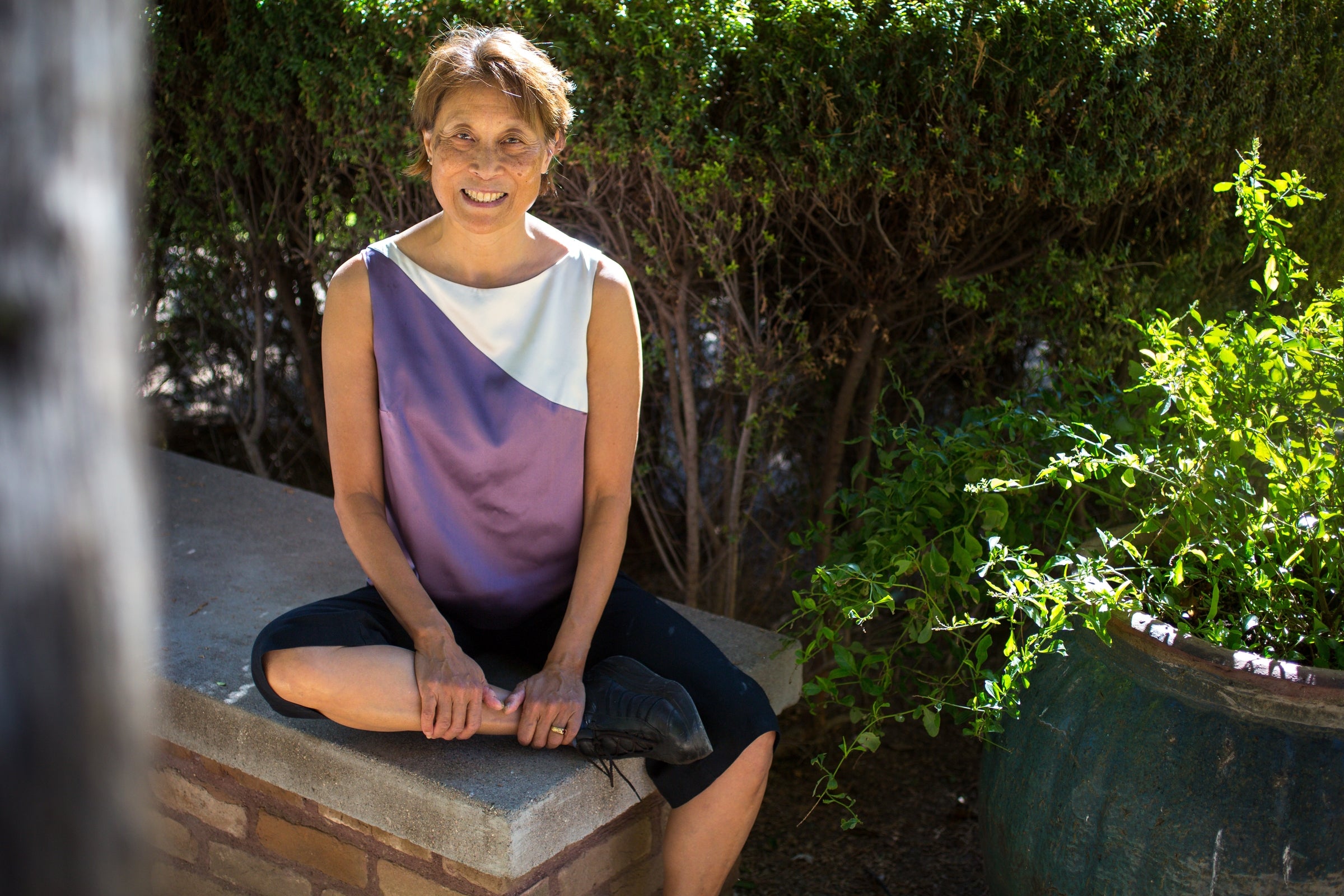Have you ever Wikipedia’d a topic to settle an argument? Ever made a donation to help victims of a disaster? Or sipped “fair trade” coffee at Starbucks?
Though these things may seem unrelated, they’re all possible thanks to the existence of NGOs — nongovernmental organizations that advocate for a cause. For example, the NGO Wikimedia Foundation advocates for the spread of knowledge, the NGO American Red Cross advocates for disaster relief and the NGO Oxfam advocates for poverty relief through promotion of practices such as fair-trade agreements.
Though most would agree the continued development of NGOs worldwide is for the most part a good thing, the international relationships that requires can be challenging for countries with tumultuous political histories to navigate. Countries such as the Philippines, which Sunday held its first presidential debate in 24 years.
“NGOs in the Philippines haven’t really happened,” said Karen CarterKaren Carter is a rhetorics and linguistics graduate student in ASU’s Department of English, in the College of Liberal Arts and Sciences.. “They weren’t able to be sustained in the past because you had these oligarchs that really ran the country.”
Now that the country is a democracy, it is considered to be a major emerging global market. So in order to determine how the Philippines may better engage in collaboration across borders, the Arizona State University graduate student will be conducting research on the emergence of transnational advocacy networks (TANs) — similar to NGOs — there.
ASU rhetorics and linguistics graduate student Karen Carter. Photo by Charlie Leight/ASU Now
Carter was recently admitted to the Global Development Research program at ASU’s School of Sustainability, which enables graduate students to obtain USAID Research and Innovation Fellowships that foster global collaboration, advance use-inspired research and improve lives.
Though the project is facilitated through the School of Sustainability and Carter will be working with faculty at University of the Philippines Los Banos School of Social Forestry and Forest Governance on the project, her focus will be on employing such rhetorical and linguistic methods as narrative analysis on a collection of more than 200 NGO proposals.
In her analyses, Carter will be looking at how language and its structure reflect culture and national identity, and how those things in turn affect which issues are important to the Philippines. It’s a new approach, rooted in the humanities’ focus on why, instead of the more traditional sociological approach of how.
Her findings, she said, will inform “how to make better policy and how to empower the grassroots level to at least start a dialogue.”
The project resonates with Carter on a personal level, as well. A fourth-generation Chinese-American, she hopes her work to empower the people of the Philippines to become more involved in global issues will also raise the profile of other Southeast Asian countries as a whole.
“In my own lifetime, I’ve seen a lot of change in [peoples’] attitudes toward Asian-Americans,” she said. “But there’s still this … most Americans have these perceptions, just because of what you look like. And there’s very little, I think, the mainstream Americans really know about Asia, or about the people of Asia. So my own personal interest is to bring more visibility to what Asian people, Asian countries and Asian-Americans bring to things like science and humanities and economics. … I don’t see the visibility, I guess, of academics that do research, and I don’t see the Asian names that are in the top realms of respectability. And so, what I would hope to do is change that.”
More Environment and sustainability

ASU fire expert Stephen Pyne on learning to live alongside fire
Stephen Pyne is having a busy retirement. On top of caring for chickens, sheep and citrus on his urban farm in Queen Creek, Arizona, the Arizona State University professor emeritus is being called on…

New interdisciplinary research highlights wildfire impacts on water and ecosystems in arid regions
As wildfires increasingly threaten arid regions, a new conceptual framework developed by a team of researchers offers a fresh perspective on the relationship between fire, water quality and ecosystem…

Stanton urges bipartisan, national action on Colorado River water
Time is running out to determine the future of the depleted Colorado River, and any further delays in negotiating a deal could be catastrophic, according to U.S. Rep. Greg Stanton.Stanton, who…

